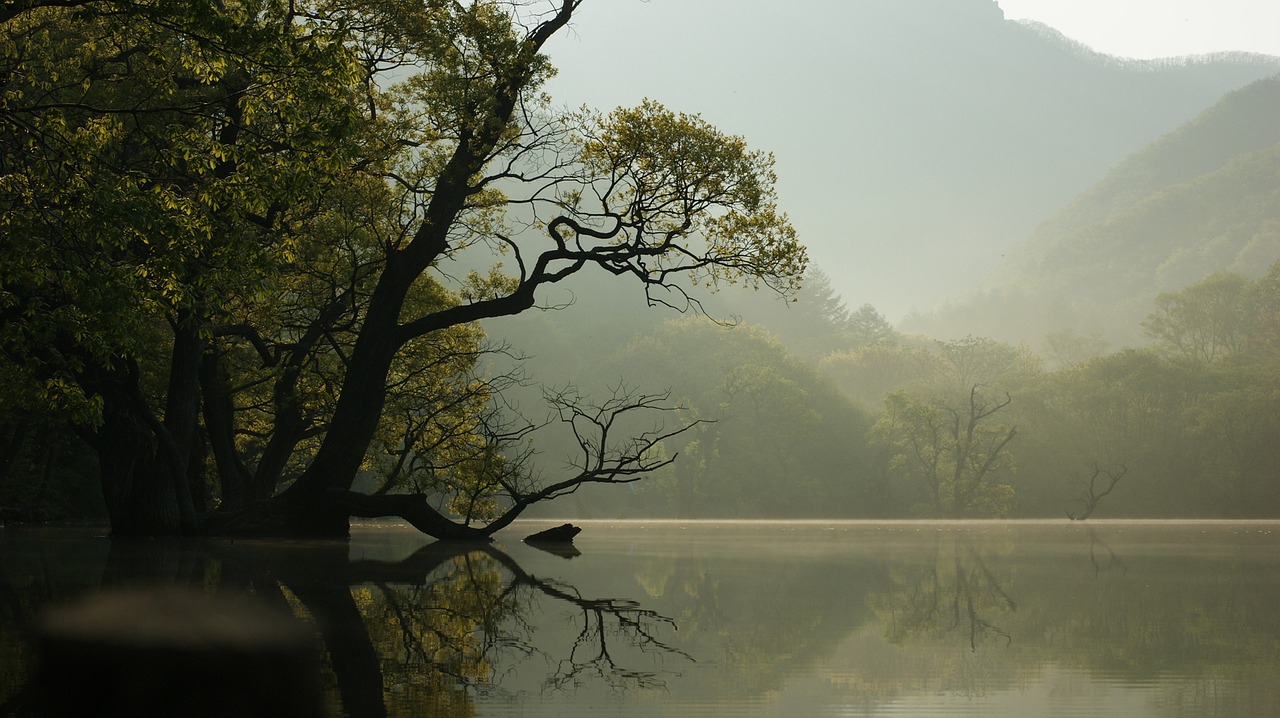Deutschland / 2009
Animation, Nachhaltigkeit
It’s much, much later than you think
Tipping point ahead.This really isn’t about polar bears any more. At this very moment, the fate of civilization itself hangs in the balance.
It turns out that the way we have been calculating the future impacts of climate change up to now has been missing1 a really important2 piece of the picture.3 It seems we are now dangerously close to the tipping point in the world's climate system4; this is the point of no return, after which truly catastrophic changes become inevitable.5
Think of it like this: For the past three million years, our planet’s climate has always been in one or the other of two stable states, with small changes in solar radiation providing the energy to push us from one to the other. When we are in this cooler dip, the planet has an ice age; when we are in the warmer one, the planet’s climate is very much as it is now, and has been throughout the whole of human history6.
The problem is that our use of fossil fuels is pushing us further and further out of our little stable dip and up the far slope of this hill. The tipping point is the point at which we cross the peak of the hill, and we no longer need to keep pushing to keep the planet moving towards a much hotter place; it will just keep rolling onwards all on its own. This tipping point exists because of a set of positive feedbacks in the climate systems, mechanisms that can amplify the effects of man-made warming and lead to runaway change.
First, there is the Albedo Effect. White surfaces reflect more solar radiation than dark surfaces, so as global warming from greenhouse gases melts ice and snow7, it leaves behind dark ocean or land; those surfaces now absorb more solar radiation than before - so adding to warming, which melts more ice and snow, and so on8.
Uncondensed water vapour is actually a more important greenhouse gas than carbon dioxide. Although we aren't actually emitting much water vapour directly, as the planet warms, evaporation rates increase, raising humidity and thickening the Earth’s thermal blanket9, which in turn raises temperatures10, further increasing evaporation - etc11.
Normally, about half the CO2 emitted each year from human activities is re-absorbed by a combination of forests, plankton, and the ocean itself12. But the ocean surface is becoming more and more acidic as concentrations of CO2 dissolved in it rise. At the same time the water temperature at the surface is also going up, forming a layer of warm, acidic water that is spreading across the ocean surface, killing off the plankton that lock CO2 out of the atmosphere13. Worse, warm water holds less CO2 than cold water14, so as it heats up it actually starts releasing some of the CO215 it had previously absorbed16.
Just like marine ecosystems, land-based eco-systems normally act as carbon sinks, taking carbon from the atmosphere and using it for growth. But as these eco-systems heat up, their balance is upset; plants become less and less effective at taking in CO217, while micro-organisms in the soil become more and more effective at putting it out18 – causing the eco-system as a whole to go from being a carbon sink19 to being a carbon source20. Eventually, as temperatures rise and rains fail, forests dry out, so when fires start, they don’t get put out21. All of the forest’s stored carbon goes up in smoke, adding to the greenhouse gases in the atmosphere, which increases warming22, which further degrades23 the carbon sinks24.
Up in Siberia, an area of frozen peat bog the size of France and Germany combined that we call the permafrost is melting, and as it melts, it releases huge quantities of methane. Methane is a greenhouse gas with a short lifespan in the atmosphere - but while there it has a warming effect more than 20 times as powerful as carbon dioxide. The more methane is released, the more it adds to warming25, so the more the permafrost melts26, and the more methane is released…27
Unfortunately the arctic tundra is not the only place with large stores of frozen Methane. Lurking under the sea bed there may be as much as 10 trillion tons of Methane stored as frozen crystals at sites around the world. If we raise ocean temperatures by enough - and nobody knows how much is enough - we could trigger the sudden release of this stored methane into the atmosphere.28 The last time this happened29, global temperatures rose abruptly by 10 degrees30.
So these are some of the feedback mechanisms31 that explain why our global climate system has a tipping point32. Each feedback in the system has its own internal tipping point, and it is the relationships within this complex, mutually reinforcing system, that have been missing from our climate prediction models33.
So far we have pushed up global temperatures by only about 0.8 C - but because of the 40 or 50 year time lag between emissions and temperature rise, the emissions already in the atmosphere commit us to raising temperatures by around another 0.6 degrees over the coming decades34 - which could easily place us right at the peak of the hill – or even over it.
If we do pass this critical threshold, global temperatures could soar by as much as 6 degrees.
If this happens, the natural world will suffer a mass extinction event which will wipe out the majority of the plants and animals with which we currently share the planet35 - although there will be a lot more rats, flies, cockroaches and mosquitoes as the world's ecosystems go into meltdown.
The first human impacts will come in the form of steeply declining access to fresh water, as rainfall patterns change, glacier-fed rivers dry up36, and rising sea levels contaminate aquifers. As crops fail37, forests burn38, deserts spread39 and coastal regions flood permanently, people will start to pack up their things in their billions and move on in search of a better life elsewhere40.
But where?
'Humanity' may survive this. But what will 'humanity' mean in a world where countries which remain habitable – like Britain – use most of our remaining resources fighting to keep out the starving millions who can no longer live in their own countries because of what we have done? The world is awash with weapons; enough firearms to arm one in every seven human beings on the planet41. As the Earth's ability to support the huge numbers of people alive today dwindles, we will not die peacefully42 in our sleep43.
OK, here’s the good news: None of this is inevitable – yet.
This is not the time to panic, or to despair. This is the time to act – while we still can. We need to recognize that there is a huge question mark over whether governments and corporations44 are capable of responding to this threat in the time we have left. They have had 20 years already – but still have less than nothing to show for it. This is because they remain committed to a doctrine that prioritises endless short-term economic growth45 over the survival of human life on earth. There is no great mystery about what we need to do to reduce emissions in line with the science; we simply need to consume less.
But that is out of the question in a society which is founded on the ever-increasing consumption of materials and energy.
Nobody has all of the answers; but we do know that this is not the only way to live, and given that it is almost certainly going to kill us all46, we had better start looking urgently at some of the alternatives. It is now very clear that in order to actually win the fight against climate change, making big changes to the way we each live our own lives is not going to be enough; we’re also going to have to actively confront powerful vested interests who will stop at nothing to prevent the changes we need from taking place. We have to be more than just consumers.
These are extraordinary times. Preventing runaway global warming is the single most important task in all of human history – and it has fallen to us to do it. If we don’t, then everything else we work to achieve in our lives will be destroyed, or become meaningless. Those who came before us didn't know about this problem, and those who come after will be powerless to do anything about it. But for us, there's still time! We'd better get a move on though.


